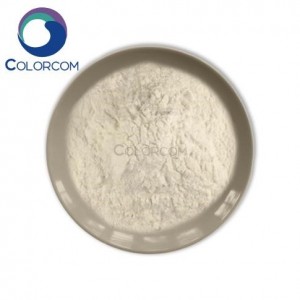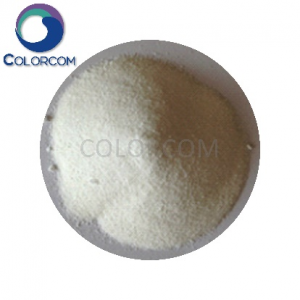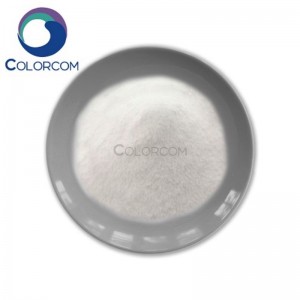Cytidine | 65-46-3
Product Description
Cytidine is a nucleoside molecule composed of the nucleobase cytosine linked to the sugar ribose. It is one of the building blocks of RNA (ribonucleic acid) and plays essential roles in cellular metabolism and nucleic acid synthesis.
Chemical Structure: Cytidine consists of the pyrimidine nucleobase cytosine attached to the five-carbon sugar ribose through a β-N1-glycosidic bond.
Biological Role: Cytidine is a fundamental component of RNA, where it serves as one of the four nucleosides used in the construction of RNA strands during transcription. In addition to its role in RNA synthesis, cytidine also participates in various metabolic pathways, including the biosynthesis of phospholipids and the regulation of gene expression.
Metabolism: Inside cells, cytidine can be phosphorylated to form cytidine monophosphate (CMP), cytidine diphosphate (CDP), and cytidine triphosphate (CTP), which are crucial intermediates in nucleic acid biosynthesis and other biochemical processes.
Dietary Sources: Cytidine is found naturally in many foods, including meat, fish, dairy products, and some vegetables. It can also be obtained through the diet in the form of cytidine-containing nucleotides and nucleic acids.
Therapeutic Potential: Cytidine and its derivatives have been investigated for their potential therapeutic applications in various medical conditions, including neurological disorders, cancer, and viral infections. For example, cytidine analogs such as cytarabine are used in chemotherapy to treat certain types of leukemia and lymphoma.
Package
25KG/BAG or as you request.
Storage
Store at a ventilated, dry place.
Executive Standard
International Standard.









